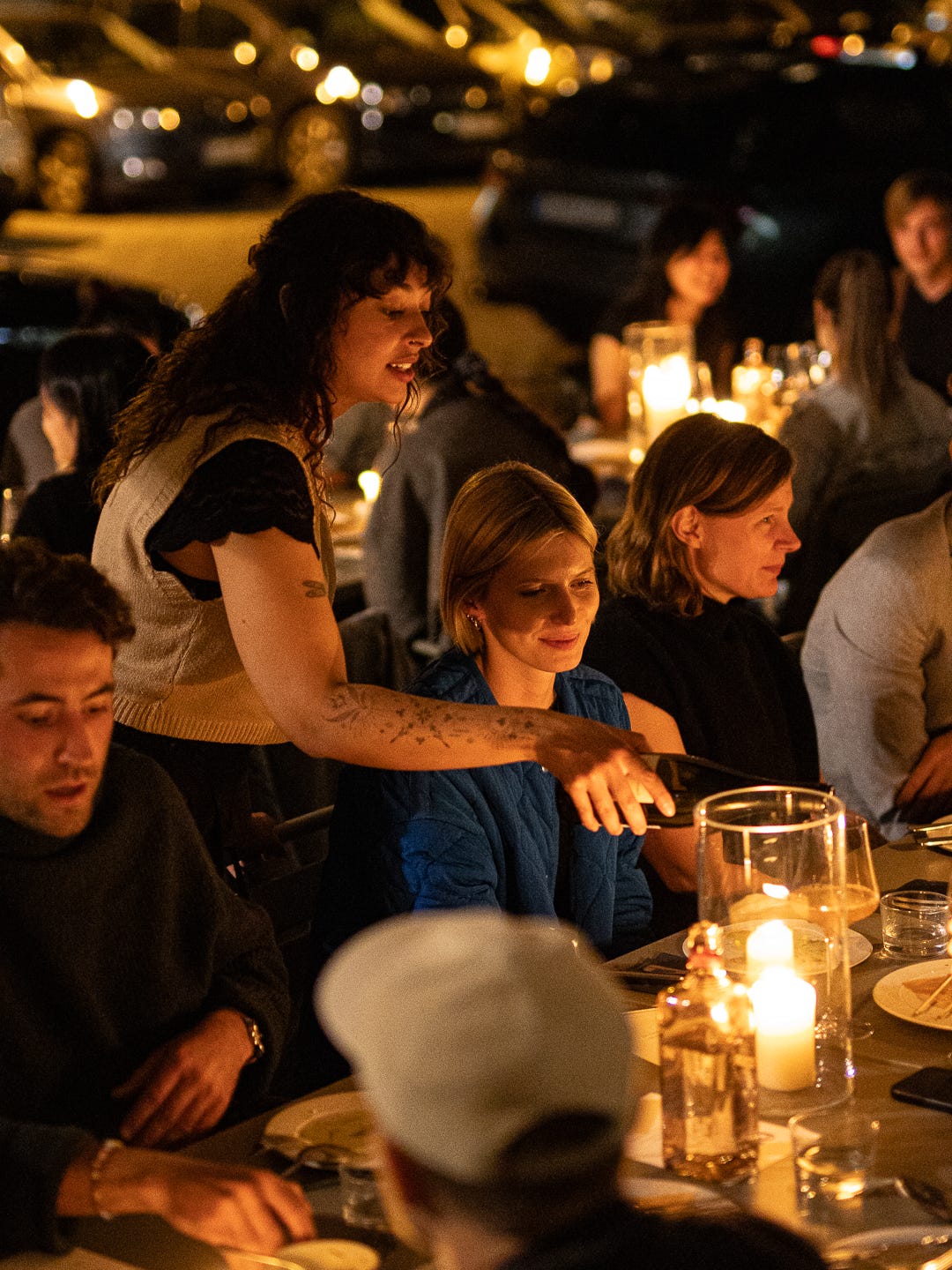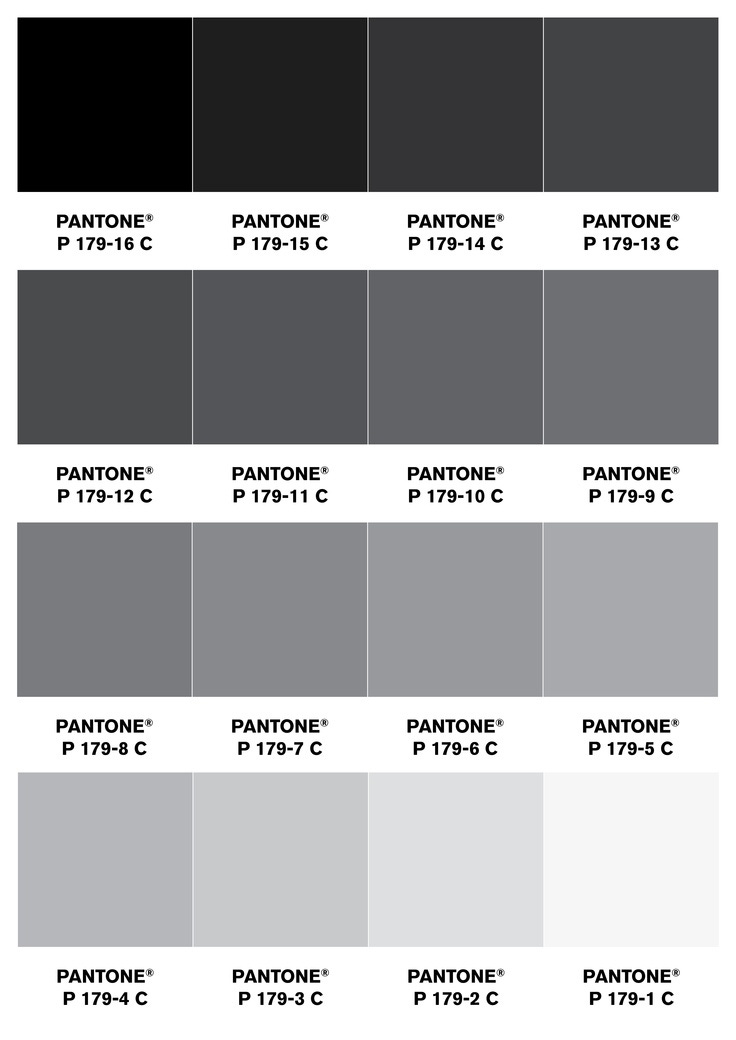Announcing our Upcoming Fermentation Courses
And a big thanks to all who came to our QU x Sathutu Popup
Hello friends,
QU x Sathutu Popup
A big thanks to all who came to our popup dinner two Sundays ago at Sathutu. I really enjoyed working with the team at Sathutu and the feeling is mutual, so no doubt more will come in the future. It’s rare to meet people on a creative project where you feel you can work together on even footing without knowing each other beforehand, and that what you made in the end was a true collaboration. So I’m really happy this is exactly what happened while working with Sathutu’s head chef Raven van Boekel. I am humbled that so many of you keep returning to our supper club one event after the next, and I want to make it clear how much I appreciate your support. QU (pronounced “chu”) is a small project at its beginning and there are many behind-the-scenes hurdles to this one-person show, so thanks.


Fermentation Courses:
A Berlin Winter Survival Kit Series

We may still be enjoying the late summer sun, but the early edge of autumn is approaching. Soon I will be opening RSVPs for a 4-week primer course on lactofermentation and how to cook with ferments. There will be two courses that run once a week on Saturdays from mid-October through early December at the community-oriented art and cooking space, Satellit.
And while I love autumn produce and cooler temperatures, winter in Berlin can feel really long and difficult. The skyline often appears as an oppressive swath of flat impenetrable gray, and vitamin D deficiency and depression are common experiences for those living here. While I jokingly referred to the course in my head as a “survival guide” for winter grayness, a friend recently asked me if I would be interested in working on some fermentation projects together in the coming winter exactly for this reason.
So here we are, a course to arm you with bright acidity, effervescence, and a bit of chili against the approaching dreariness of winter cabbage & kohlrabi. I’m the last person who would recommend fermentation as a substitute for mental health care and strong social support systems, but I do think fermentation and learning to cook for yourself and others can become powerful complementary habits, skills that can ease our way in difficult times and provide comfort when we need it.
The course will focus on:
a) exposure to a wide variety of lacto-fermented foods and building a hands-on skillset to make them at home.
b) gaining confidence in using ferments in cooking, and building an arsenal of condiments for bright and powerful flavors you can fall back on for everyday cooking.
The four weeks will alternate between fermentation and cooking sessions, where you’ll be able to take home ferments for your own larder as well as share some nice meals using the ferments you made together with your fellow classmates. As part of these cooking sessions, I would also like to encourage discussion around the sensory element of eating, as I think we often don’t express what we’re tasting during meals or verbalize why we like what we eat.
One of the things I’m looking forward to the most is that this course will take place over time, which is arguably one of the most important ingredients in fermentation. Fermentation workshops in Berlin are often single-day adventures in kimchi or sauerkraut making, which I think misses out on learning how to make the best of ferments as they change in taste and texture over time, as well as how to maintain and troubleshoot ferments when they go wrong.
Course Breakdown:
Week 1
Lacto-fermented Everything: Introductory Techniques & Lactofermentation Primer
Week 2
Cooking Session & Discussion: LAB, Tastebuds, & Senses
Week 3
Pantry Building: Fridge Condiments, Flavor Boosters, & Drinks
Week 4
Cooking Session & Discussion: Tasting Time
The types of ferments we’ll be making, course details, and RSVP to come. Thanks for reading.
Best,
Polly


